We know that choosing joy means higher performance, more happiness, less stress, less anxiety, better results, greater health. And we know that choosing joy is simple. So why do we all find it so dang difficult?!?
In large part, it’s about another need we, or rather our brain has; to feel that we have control.
But, we have established that you cannot control what happens outside - you may be able to influence it or concerned about it, but you cannot control it. You only control your own thoughts and your own actions. Sorry, you CAN only control your thoughts and your actions. It’s your choice.
You can influence others and some things outside but you do not control them.
So, I’m borrowing and adapting from Steven Covey’s Seven Habits of Highly Effective People: Imagine 3 circles:
The inner circle is our circle of power and contains all the things that you know that (on your better days) you can control. In this inner circle, you have the full power of choice. These include your own thoughts, the words you use, the actions you take. You also have control over your emotions, your effort and your own self-care.
The middle circle are things over which you have influence, limited control and less power. These are things that you can directly influence. These include your health, your family, home, job, finances and friends.
The outer circle is our circle of concern. Things and people that matter to you but over whom you have much less influence and even less power. The further from your inner circle, the less influence you have. These might include the weather, world events and politics, accident or injury or illness. Also other’s perceptions and their actions.
When you perceive or believe that external events or people threaten your circle of influence or your circle of power you are focused on things that you cannot control. And when you choose (or allow yourself to) focus on what you cannot control, your Circle of Influence contracts! You have chosen to have an external locus of control.
In contrast, when you choose to focus on what you can control, your Circle of Influence expands. You have chosen an internal locus of control.
A third, and more profitable focus is on the Spirit within and a God who is still on His throne and in control of everything (a fourth outer ring) and then we humble ourself to the finished work of Christ knowing that “…all things work together for good to those who love God, to those who are the called according to His purpose.” Rom 8:28
Fear, stress, anxiety and depression can increase when we believe or perceive that our power, influence or control are diminished or threatened by challenges beyond our control. Fear, stress and anxiety are reactions (not illness). We have shifted our locus of control from us… to ”them”.
I am not a product of my circumstances. I am a product of my decisions.
Stephen Covey
Six Essential Human Needs - SPACES Recap
It’s not just about any threat to your circle of power, it’s what you perceive is being threatened and how important that need is to you!
You’ll recall that we all share six essential needs. These are the key things we wish to influence.
When we perceive that our circle of power is being threatened, our influence to have our own needs fulfilled diminishes.
The more fundamental the need, for example something life threatening, the greater our fear response to the threat.
And, we should all be acutely aware that the more fundamental the need for us, the easier it is for someone else to influence our response both positively and negatively. The advertising industry is successful precisely because it plays on our more fundamental needs and fears.
For example, your need to eat food is most often associated with pleasure and price in advertisements. New cars are associated with prestige or significance (a higher need for mattering or significance) but also scantily clad human models (a fundamental sexual need).
#😲 Insight When you focus on the external threats to your needs, your circle of influence and power to protect those needs diminishes. When you focus on what you can control, your circles of power and influence over your needs and concerns increases.
Start where you are. Do what you can. Use what you have.
Arthur Ashe
Our lives are always moving in the direction of our strongest thoughts. What we think shapes who we are.
The better we grasp this truth, the better equipped we can be to influence the trajectory of our lives. But don’t take my word for it. Both the Bible and modern science provide evidence that this is true. So throughout this Guide, we’ll unpack both Scripture and what we’ve learned from scientific research.
What science is demonstrating today is what God told us through Solomon almost three thousand years ago: “For as he thinks in his heart, so is he.” Proverbs 23:7 NKJV
“For as he thinks in his heart, so is he. “Eat and drink!” he says to you, But his heart is not with you.”
The Serenity Prayer - known chiefly through its use in Alcoholics Anonymous begins, but a useful prayer for everyone who wants to win this battle in the brain:
“God grant me the serenity To accept the things I cannot change; Courage to change the things I can; And wisdom to know the difference.”
Let’s take a look next at what happens when you are faced with a challenge (threat) and Fear, Stress, Anxiety and Depression in Your Brain.


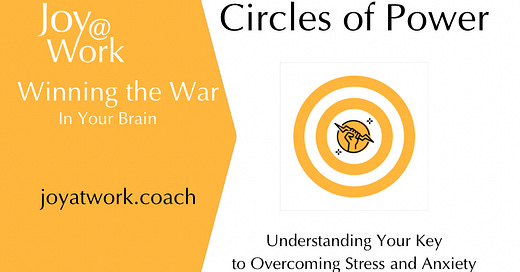
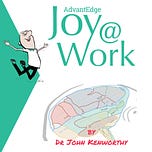

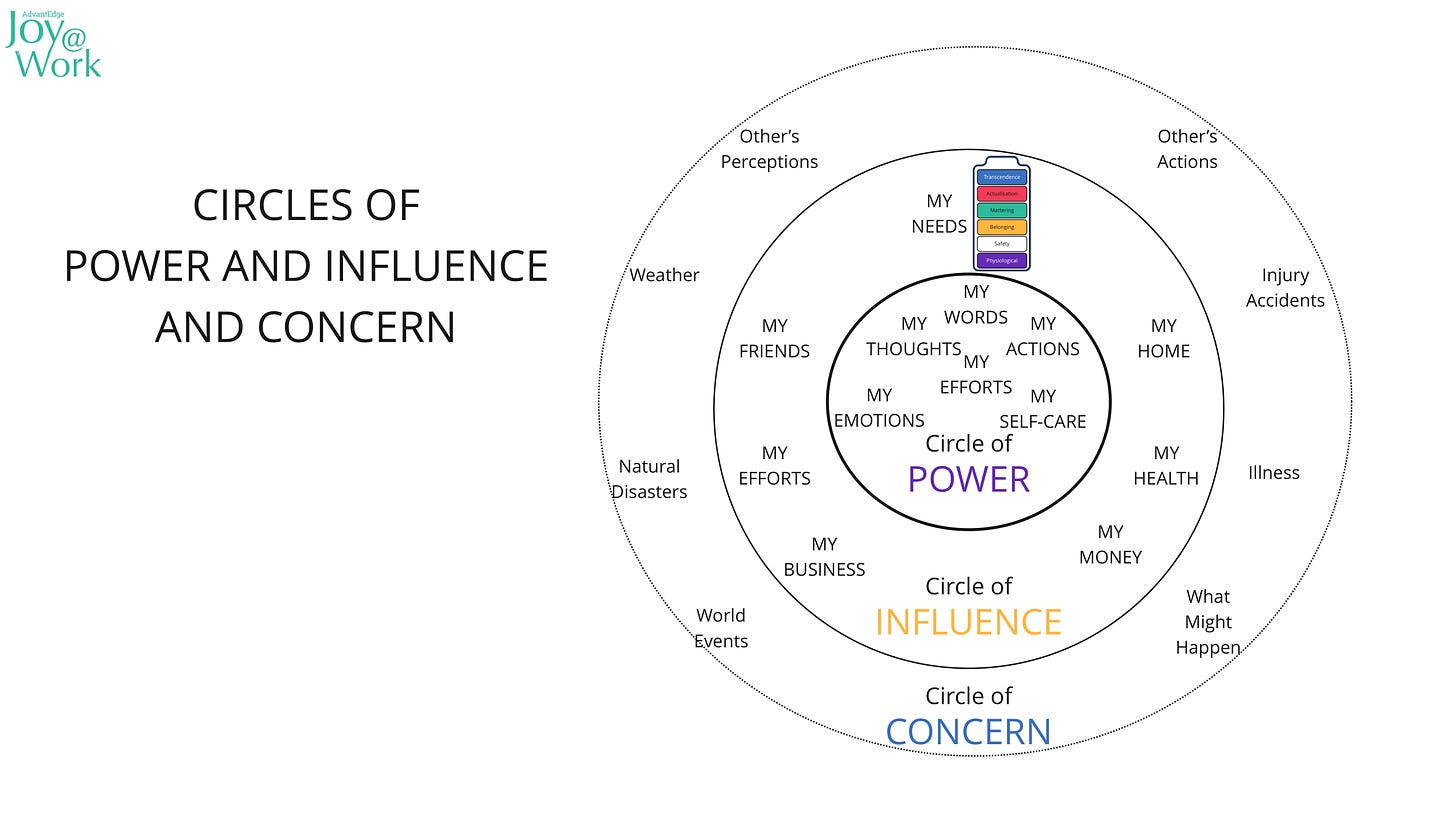
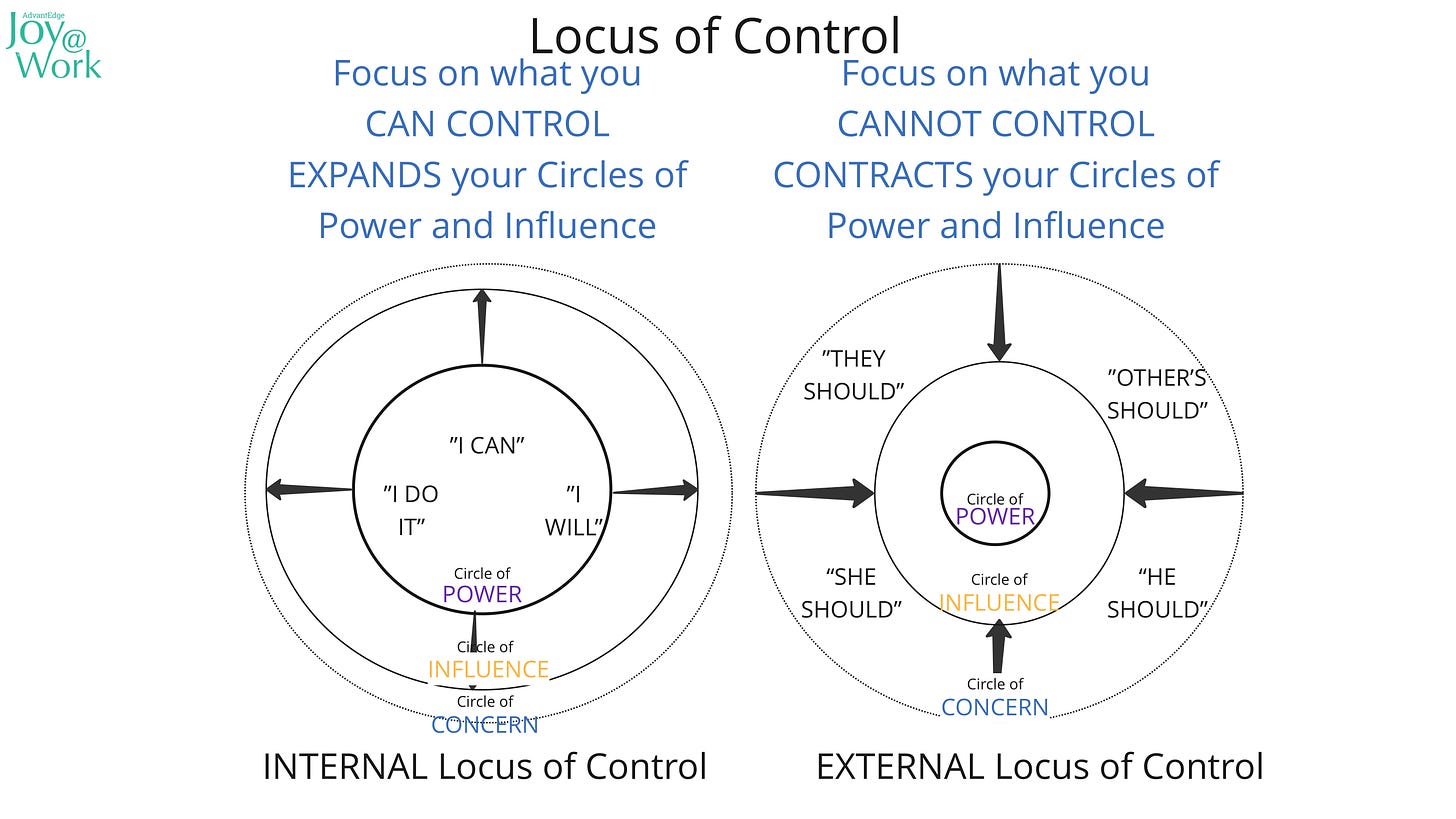
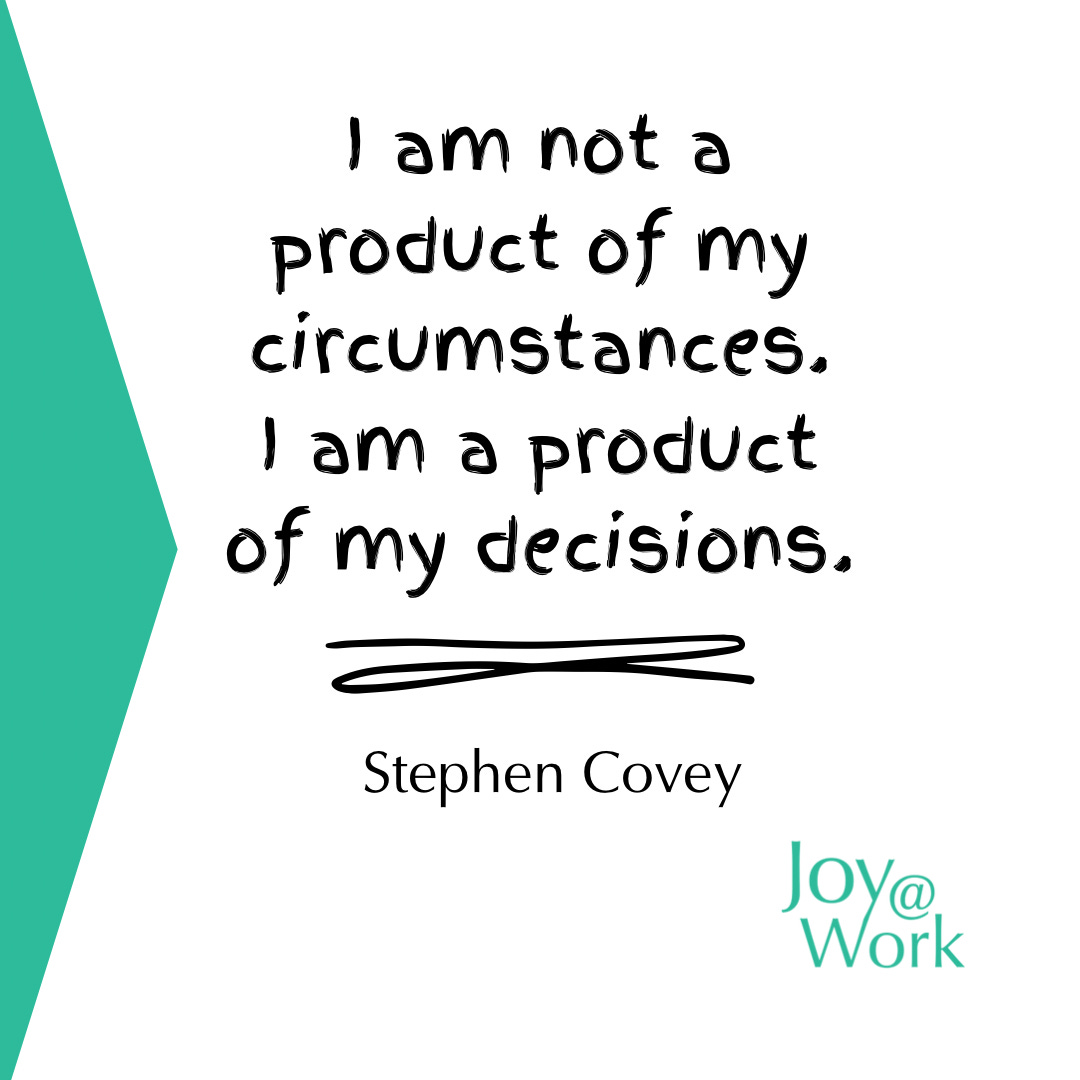
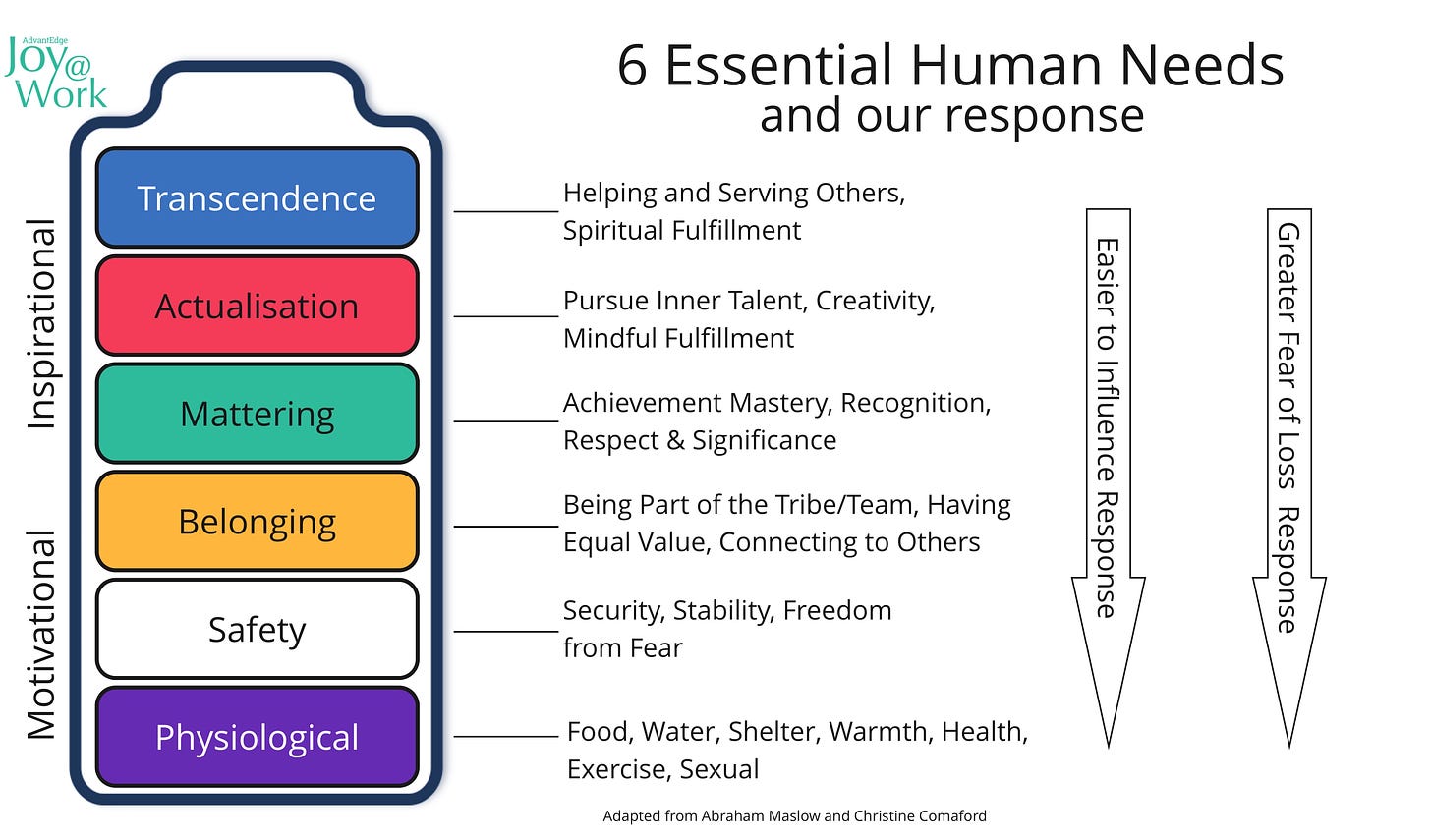
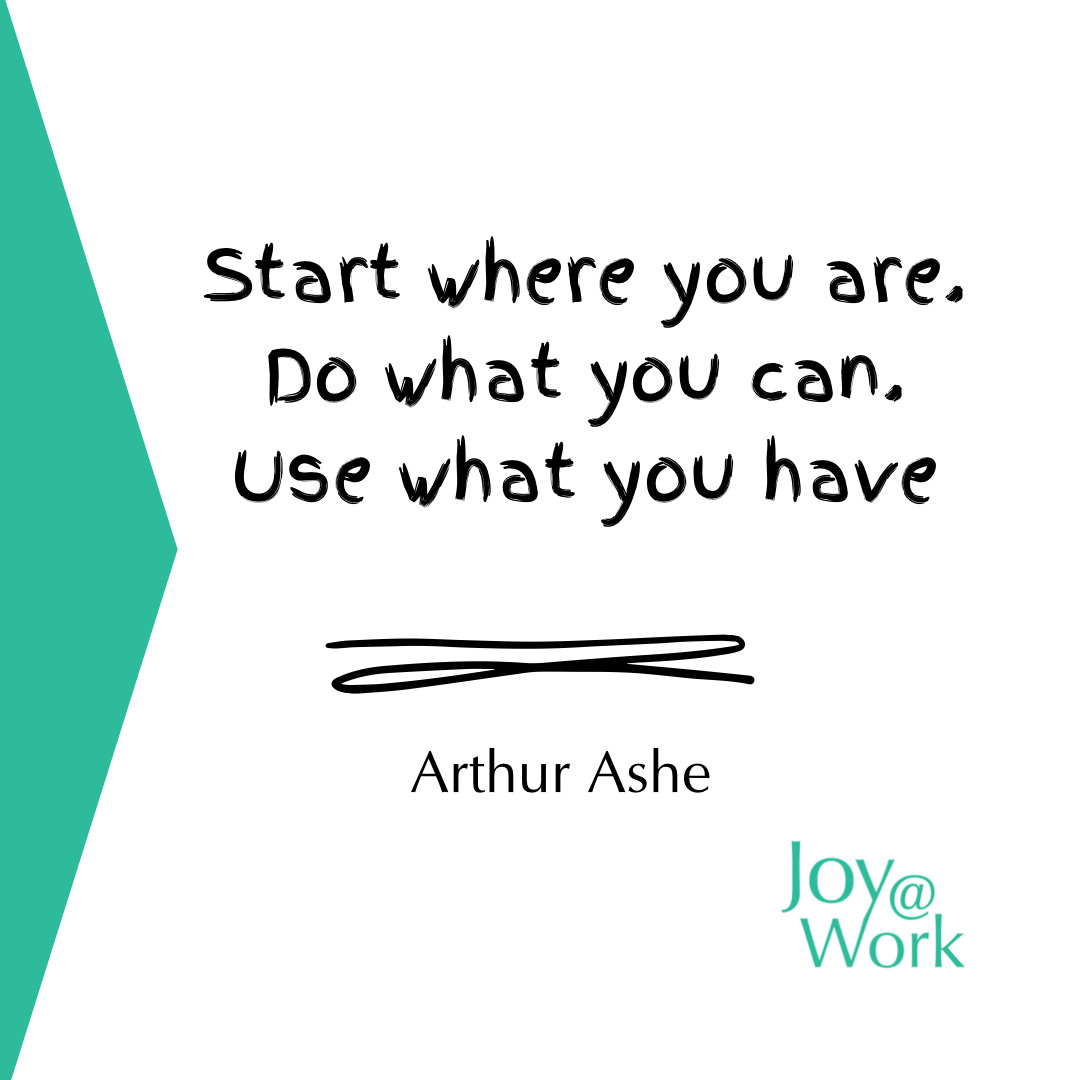

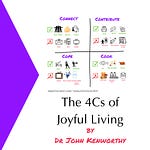

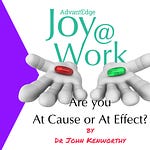

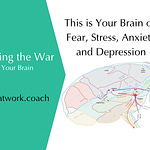
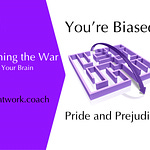
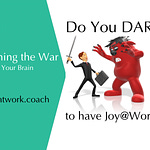
Share this post